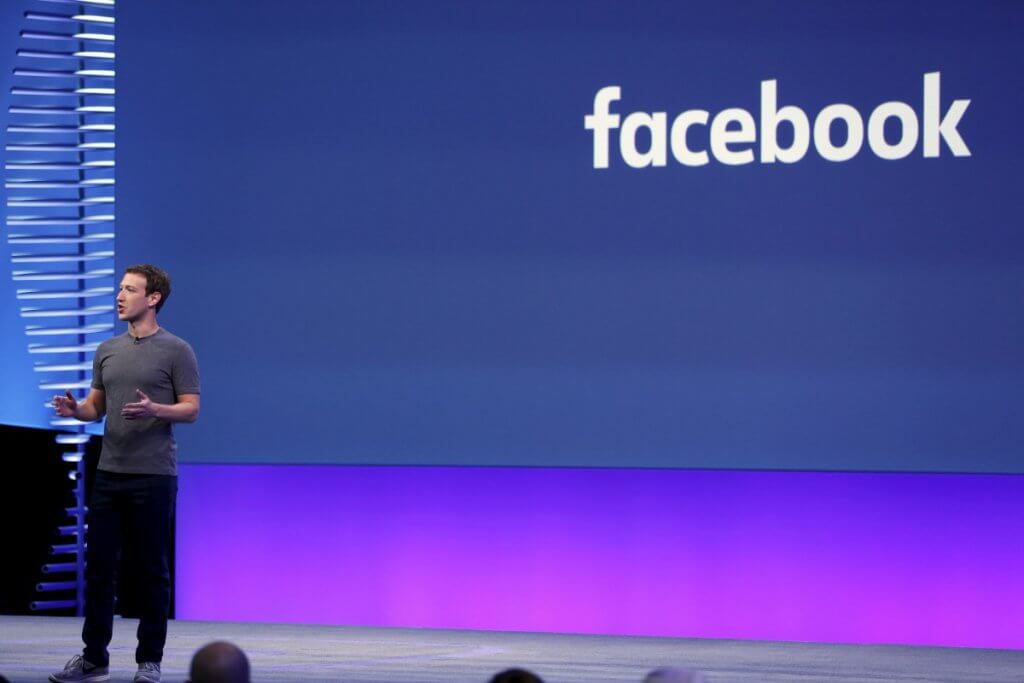
Facebook may make publishers pay to get into the News Feed. Source Shutterstock.com
Facebook’s split News Feed could be a huge blow to small publishers
NEW MEDIA COMPANIES that have previously relied heavily on social media feeds in order to boost traffic and revenue might get hit by Facebook’s latest tweak to its News Feed algorithm which is funneling unpaid posts into a separate channel.
According to a report by The Guardian, some publishers have seen their user engagements on Facebook plummet by as much as 80 percent since the introduction of an experiment by the social media platform.
The test will split non-promoted posts out of the news feed, while prioritizing original content from friends, advertisements, and sponsored posts.
It’s the latest move in a tweaking process that Facebook has undertaken. It opened up an “Explore Feed”, redesigned it “Trending” section for more varied viewpoints, included contextual links and made “News Feed” easier to navigate. Now it wants to rejigger what and how users find content.
The test seems to have a serious effect on “native” content, such as made-for-Facebook videos, as well as un-sponsored posts from pages. Promoted posts are reportedly appearing as normal in the News Feed, alongside posts from friends and “followed” individuals.
“Pages are seeing dramatic drops in organic reach,” said Filip Struhárik, a journalist at Slovakian newspaper Dennik N, who reported on the issue in a Medium blog post.
Biggest drop in organic reach we’ve ever seen. Pages have 4 times less interactions, reach fell by two-thirds https://t.co/KhAtCR0yvu
— Filip Struhárik (@filip_struharik) October 21, 2017
“The reach of several Facebook pages fell on Thursday and Friday by two-thirds compared to previous days.”
Facebook said in a statement to the Guardian that the logic behind the test was that they want to “connect people with the posts they find most meaningful”.
“People have told us they want an easier way to see posts from friends and family, so we are testing two separate feeds, one as a dedicated space with posts from friends and family and another as a dedicated space for posts from Pages.”
Struhárik noted that the media landscape of Slovakia had been significantly altered due to the test, which has been rolled out in six countries including Slovakia, Serbia and Sri Lanka. About 60 of the most popular Facebook pages in Slovakia saw about two-thirds to three-quarters of entire demographics vanish, according to information gleaned from Facebook’s analytics service, CrowdTangle.
The biggest shift is if the new policy is implemented – the social media company said in a blog post that there are no plans to push it out worldwide – it could spell disaster for small publishers whose growth has largely relied on social media feeds such as Twitter, Facebook and Instagram to attract visitors and ad revenue.
Facebook is the biggest publisher in the world, and a main source of news for users around the world.
“It’s hard to say now how big it will be. Problems have also hit ‘Buzzfeed-like’ sites, which were more dependent on social traffic,” said Struhárik to the Guardian. The trial has been in place since Thursday, so the results that Struhárik would have gleaned probably isn’t complete enough, but it’s pretty clear that sites with less diverse audiences, shallower pockets and middling clout will feel the brunt of the change.
“But if reach is radically smaller, interactions decreased and your site doesn’t have diversity of traffic sources, it will hurt you,” he said.

Zuckerberg’s site is one of the biggest publishers in the world, and the move could kill off many small publishers. Source: Reuters
On the other hand, larger publishers likely saw the move coming from a mile away. According to a senior research analyst at Ender Analysis, Matti Littunen, the move is vintage Facebook.
The social media company has a history of offering businesses lots of organic reach for a single type of content through a generously tinkered algorithm and getting them addicted to the attention – before quickly yanking it back unless businesses cough up some money.
“The biggest hits will be to the likes of Buzzfeed, Huffington Post and Business Insider, who create commoditized content aiming for the biggest reach,” he said.
He pointed to video content, which was hugely commoditized form of content that has spawned its own genre of content from publishers. It’s likely, he said, that those videos will be next to go.
“We don’t see that bonanza going on forever, and since the content isn’t what Facebook has been hoping for, it’s expendable. We’re expecting to see another repeat of this playbook, with organic reach being replaced by paid reach.”
While many big publishers with deep pockets clocked the impending change and moved away from relying too much on social media, it’s unclear what the total effect will be on the media landscape. One could guess that it would create a bigger disparity between small and big business, but Struhárik said that there’s a catch.
“Newsfeed without news. Just friends and sponsored content. People will find out how boring their friends are,” he said.
READ MORE
- Ethical AI: The renewed importance of safeguarding data and customer privacy in Generative AI applications
- How Japan balances AI-driven opportunities with cybersecurity needs
- Deploying SASE: Benchmarking your approach
- Insurance everywhere all at once: the digital transformation of the APAC insurance industry
- Google parent Alphabet eyes HubSpot: A potential acquisition shaping the future of CRM






